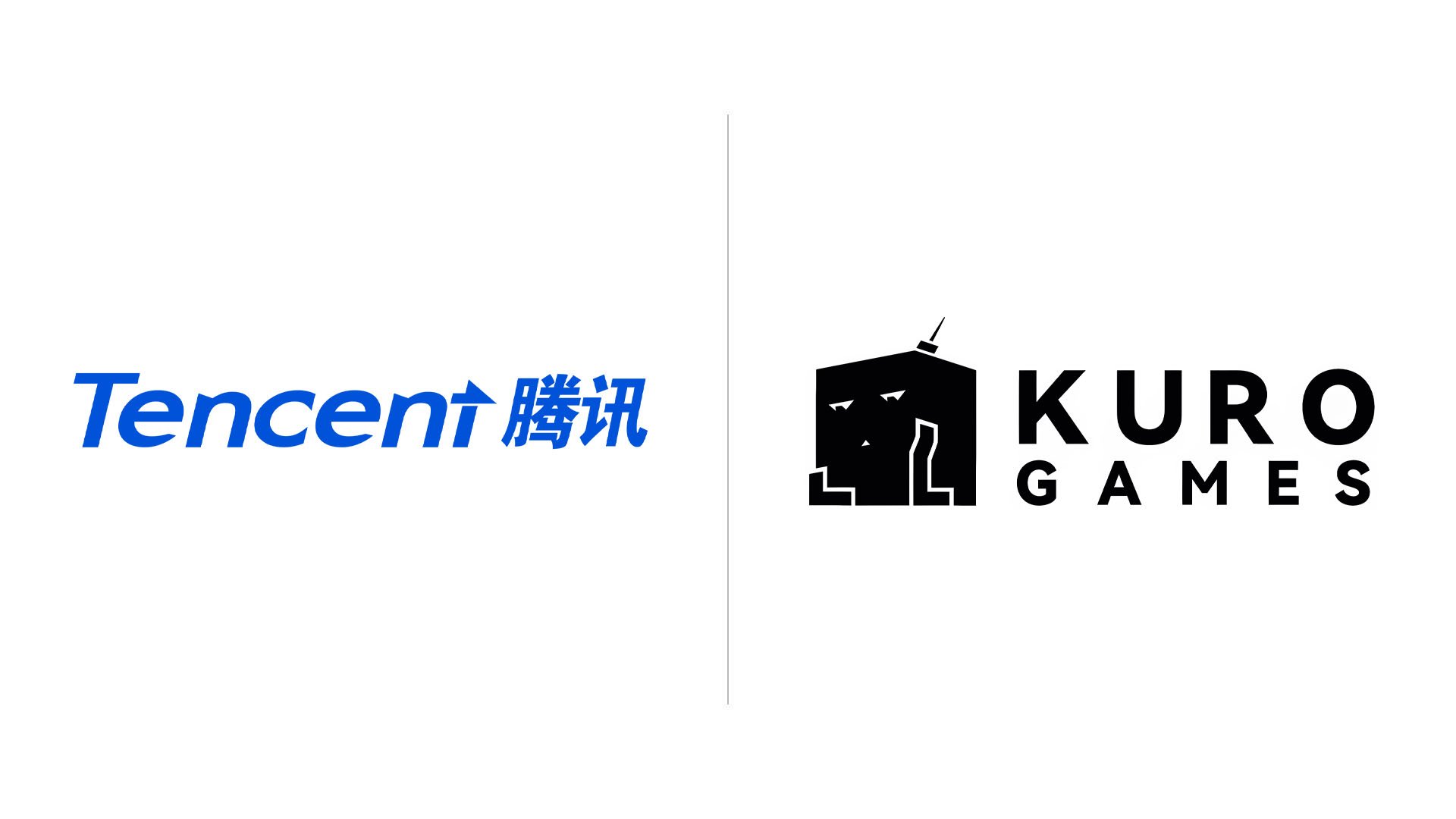Found an interesting thread on Twitter from a mainland CN guy who speaks Japanese, about the differences between CN and JP gacha players (this is one of the top quote tweets on the WuWa JP apology post).
Worth a read IMO, although I think the part where he mentions the average salary being just 2,000 yuan per month is wrong (maybe he meant the minimum salary there, since I checked and it ranges from 1,600 to 2,700 yuan?).
I used grok to translate the whole thread:
- This incident is causing a huge uproar in China, but many in Japan don't understand why it's being criticized, highlighting a major cultural gap in how China and Japan view the relationship between game companies and players.
- In China, players see themselves as customers who fund the game companies, expecting companies to do everything possible to meet their needs.
- Chinese players particularly dislike gacha systems like in Genshin Impact, where despite daily efforts on stories and events to earn gacha currency, the results are often disappointing, leading to widespread frustration.
- From this perspective, Chinese players feel like they're working for the game, so it's natural for them to assert their rights.
- In China, game companies are expected to do their best for players and aren't seen as equals in discussions.
- On pricing, 648 yuan (around $90 USD) for in-game purchases is a massive amount in China, unaffordable for most, making the gacha system and additional spending even less acceptable.
- With China's large player base, their collective voice carries significant weight, often influencing company decisions.
- As a result, companies frequently issue apologies and offer compensation to retain players.
- However, games like Genshin Impact and Wuthering Waves, focused on profit, rarely give out large amounts of gacha currency, which players interpret as a push to spend more.
- Gacha systems, in-game purchases, and pricing are three major issues Chinese players struggle to accept.
- Chinese players rarely express gratitude to companies, seeing their actions as the bare minimum.
- Many Chinese players feel, "We're the ones paying, without us you wouldn't survive—know your place," reflecting a dominant attitude.
- This mindset makes it baffling for Chinese players to see Japanese players sympathize with game companies.
- Japanese gacha games often have high spending ceilings, so players find Genshin Impact and Wuthering Waves relatively fair and feel grateful.
- In contrast, Chinese players, used to lower pricing, find high-cost games unreasonable.
- Most dissatisfaction comes from average Chinese players who might spend around 30 yuan ($4 USD), while heavy spenders don't care about gacha currency.
- China's average monthly salary is about 2,000 yuan ($280 USD), making a 648-yuan purchase a significant burden.
- With an oversaturated mobile game market in China, players can easily switch games, forcing companies to offer more gacha resources to keep them.
- In China, players hold the power, and companies must cater to them to survive.
- This dynamic likely explains why Japanese players are confused by the backlash in China.
- The oversupply of mobile games in China means if a company fails, players can move on, reinforcing their dominance.
- Game companies in China aren't seen as essential, so they must fully dedicate themselves to players to avoid collapse.
- Blaming either side doesn't solve the issue; this is just a small part of China's competitive gaming industry.
- Chinese players often seek escapism in games due to real-life pressures, leaving no room to sympathize with companies.
- For them, the best game is the one offering the most gacha resources, sometimes even more important than game quality.
- This competitive environment drives these dynamics, which may be hard for outsiders to grasp.
- In Japan, players might be desensitized to high spending, with 10,000 yen ($65 USD) feeling like pocket change after years of expensive gacha games.
- Japanese players' acceptance of high costs makes them appreciate the relatively fair pricing of Genshin Impact and Wuthering Waves.
- Not pushing back against companies can lead them to see players as easy targets, potentially lowering game quality over time.
- While competition has flaws, it reminds companies why they make games, which can benefit the industry's healthy growth—though the limits of player demands are still unclear.
- The poster notes they've only studied Japanese for two years and worries about mistakes, but is glad the message came across clearly, thanking readers for their attention.
Nothing really surprising for anyone who's been in the gacha sphere for a long while, but interesting info nonetheless.
Edit: Also, my WuWa feed on Twitter is like 50% western and 50% JP, lol.



